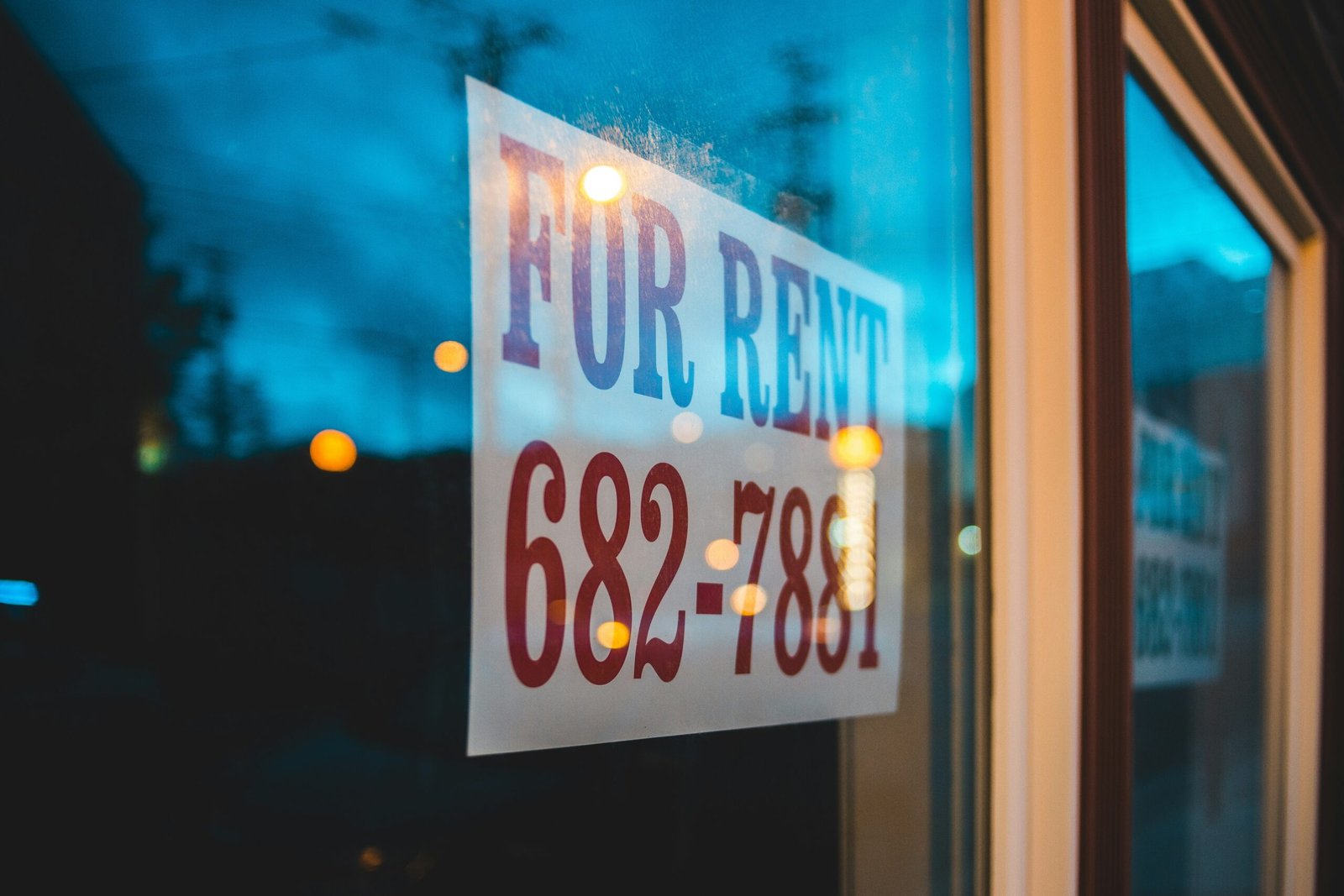- Understanding Squatters Rights: What You Need to Know in 30 Days
Introduction to Squatters Rights Squatters rights, also known in legal terminology as adverse possession, represent a significant aspect of property law. This doctrine allows individuals to claim rights over land or property that they do not legally own, under specific conditions. At its core, squatters rights emphasize the importance of continuous and open occupation of
- Understanding Squatters’ Rights: What You Need to Know
Introduction to Squatters’ Rights Squatters’ rights, a complex aspect of property law, refer to the legal rights that individuals can acquire when they occupy a property without the owner’s permission. A squatter is typically someone who has taken over a vacant or abandoned property, intending to make it their residence. The situation often arises in
- Phrogging: The Hidden World of Unseen Intruders
Introduction to Phrogging Phrogging is a term that refers to the act of secretly living in someone else’s home without their knowledge or consent. The etymology of the word is derived from the combination of ‘frog’ and ‘hopping’, signifying how an intruder may ‘hop’ from one place to another while remaining undetected. The term gained
- Understanding the 1% Rule in Rental Real Estate
Introduction to the 1% Rule The 1% rule in rental property investment serves as a useful benchmark for investors when evaluating potential rental properties. This guideline suggests that an investor should aim to generate monthly rental income that is equal to or greater than 1% of the property’s purchase price. Essentially, if a property is
- Understanding the 3x Rent Rule: A Comprehensive Guide
Introduction to the 3x Rent Rule The 3x rent rule is a widely recognized benchmark in the rental market that serves as a fundamental guideline for landlords and property managers when evaluating prospective tenants. This rule stipulates that a tenant’s monthly income should ideally be at least three times the amount of the monthly rent.
- Understanding the 7 Year Rule for Rental Property Investments
Introduction to the 7 Year Rule The 7 Year Rule for rental property investments serves as a pivotal guideline for investors seeking to optimize their real estate portfolios. This rule posits that a property should be held for a minimum of seven years to maximize appreciation and minimize potential losses. By adhering to this timeframe,
- Determining the Ideal Monthly Profit for Your Rental Property
Understanding Monthly Profit in Real Estate
Monthly Profit for Your Rental Property – the concept of monthly profit plays a pivotal role in evaluating the performance and sustainability of rental properties. To comprehend how much monthly profit should you make on a rental property, it is essential to differentiate between gross income and net profit,
- Is a Rental Property Always a Good Investment? Exploring the Truth
Introduction to Rental Property Investment Rental Property Always a Good Investment? – Rental property investment has long been regarded as an appealing avenue for individuals seeking financial independence and passive income. This investment strategy typically involves purchasing residential or commercial properties to lease them out to tenants, thereby generating a steady flow of rental income.
- How Many Rental Properties Do You Need to Make $5000 a Month?
Introduction to Real Estate Investing
How many rental properties to make $5000 a month? – Real estate investing is a popular avenue for achieving financial independence and generating passive income. By owning rental properties, investors can tap into a consistent revenue stream that may help them reach significant financial goals, such as making $5000 a
- Understanding the 50% Rule in Rental Property Investing
Introduction to the 50% Rule The 50% rule in rental property investing serves as a fundamental guideline, allowing investors to make swift assessments regarding the potential profitability of a property. Essentially, this rule posits that roughly half of the rental income generated by a property should be allocated toward operating expenses. This includes essential costs
 Introduction to Squatters Rights Squatters rights, also known in legal terminology as adverse possession, represent a significant aspect of property law. This doctrine allows individuals to claim rights over land or property that they do not legally own, under specific conditions. At its core, squatters rights emphasize the importance of continuous and open occupation of
Introduction to Squatters Rights Squatters rights, also known in legal terminology as adverse possession, represent a significant aspect of property law. This doctrine allows individuals to claim rights over land or property that they do not legally own, under specific conditions. At its core, squatters rights emphasize the importance of continuous and open occupation of Introduction to Squatters’ Rights Squatters’ rights, a complex aspect of property law, refer to the legal rights that individuals can acquire when they occupy a property without the owner’s permission. A squatter is typically someone who has taken over a vacant or abandoned property, intending to make it their residence. The situation often arises in
Introduction to Squatters’ Rights Squatters’ rights, a complex aspect of property law, refer to the legal rights that individuals can acquire when they occupy a property without the owner’s permission. A squatter is typically someone who has taken over a vacant or abandoned property, intending to make it their residence. The situation often arises in Introduction to Phrogging Phrogging is a term that refers to the act of secretly living in someone else’s home without their knowledge or consent. The etymology of the word is derived from the combination of ‘frog’ and ‘hopping’, signifying how an intruder may ‘hop’ from one place to another while remaining undetected. The term gained
Introduction to Phrogging Phrogging is a term that refers to the act of secretly living in someone else’s home without their knowledge or consent. The etymology of the word is derived from the combination of ‘frog’ and ‘hopping’, signifying how an intruder may ‘hop’ from one place to another while remaining undetected. The term gained Introduction to the 1% Rule The 1% rule in rental property investment serves as a useful benchmark for investors when evaluating potential rental properties. This guideline suggests that an investor should aim to generate monthly rental income that is equal to or greater than 1% of the property’s purchase price. Essentially, if a property is
Introduction to the 1% Rule The 1% rule in rental property investment serves as a useful benchmark for investors when evaluating potential rental properties. This guideline suggests that an investor should aim to generate monthly rental income that is equal to or greater than 1% of the property’s purchase price. Essentially, if a property is Introduction to the 3x Rent Rule The 3x rent rule is a widely recognized benchmark in the rental market that serves as a fundamental guideline for landlords and property managers when evaluating prospective tenants. This rule stipulates that a tenant’s monthly income should ideally be at least three times the amount of the monthly rent.
Introduction to the 3x Rent Rule The 3x rent rule is a widely recognized benchmark in the rental market that serves as a fundamental guideline for landlords and property managers when evaluating prospective tenants. This rule stipulates that a tenant’s monthly income should ideally be at least three times the amount of the monthly rent. Introduction to the 7 Year Rule The 7 Year Rule for rental property investments serves as a pivotal guideline for investors seeking to optimize their real estate portfolios. This rule posits that a property should be held for a minimum of seven years to maximize appreciation and minimize potential losses. By adhering to this timeframe,
Introduction to the 7 Year Rule The 7 Year Rule for rental property investments serves as a pivotal guideline for investors seeking to optimize their real estate portfolios. This rule posits that a property should be held for a minimum of seven years to maximize appreciation and minimize potential losses. By adhering to this timeframe, Understanding Monthly Profit in Real Estate Monthly Profit for Your Rental Property – the concept of monthly profit plays a pivotal role in evaluating the performance and sustainability of rental properties. To comprehend how much monthly profit should you make on a rental property, it is essential to differentiate between gross income and net profit,
Understanding Monthly Profit in Real Estate Monthly Profit for Your Rental Property – the concept of monthly profit plays a pivotal role in evaluating the performance and sustainability of rental properties. To comprehend how much monthly profit should you make on a rental property, it is essential to differentiate between gross income and net profit, Introduction to Rental Property Investment Rental Property Always a Good Investment? – Rental property investment has long been regarded as an appealing avenue for individuals seeking financial independence and passive income. This investment strategy typically involves purchasing residential or commercial properties to lease them out to tenants, thereby generating a steady flow of rental income.
Introduction to Rental Property Investment Rental Property Always a Good Investment? – Rental property investment has long been regarded as an appealing avenue for individuals seeking financial independence and passive income. This investment strategy typically involves purchasing residential or commercial properties to lease them out to tenants, thereby generating a steady flow of rental income. Introduction to Real Estate Investing How many rental properties to make $5000 a month? – Real estate investing is a popular avenue for achieving financial independence and generating passive income. By owning rental properties, investors can tap into a consistent revenue stream that may help them reach significant financial goals, such as making $5000 a
Introduction to Real Estate Investing How many rental properties to make $5000 a month? – Real estate investing is a popular avenue for achieving financial independence and generating passive income. By owning rental properties, investors can tap into a consistent revenue stream that may help them reach significant financial goals, such as making $5000 a Introduction to the 50% Rule The 50% rule in rental property investing serves as a fundamental guideline, allowing investors to make swift assessments regarding the potential profitability of a property. Essentially, this rule posits that roughly half of the rental income generated by a property should be allocated toward operating expenses. This includes essential costs
Introduction to the 50% Rule The 50% rule in rental property investing serves as a fundamental guideline, allowing investors to make swift assessments regarding the potential profitability of a property. Essentially, this rule posits that roughly half of the rental income generated by a property should be allocated toward operating expenses. This includes essential costs